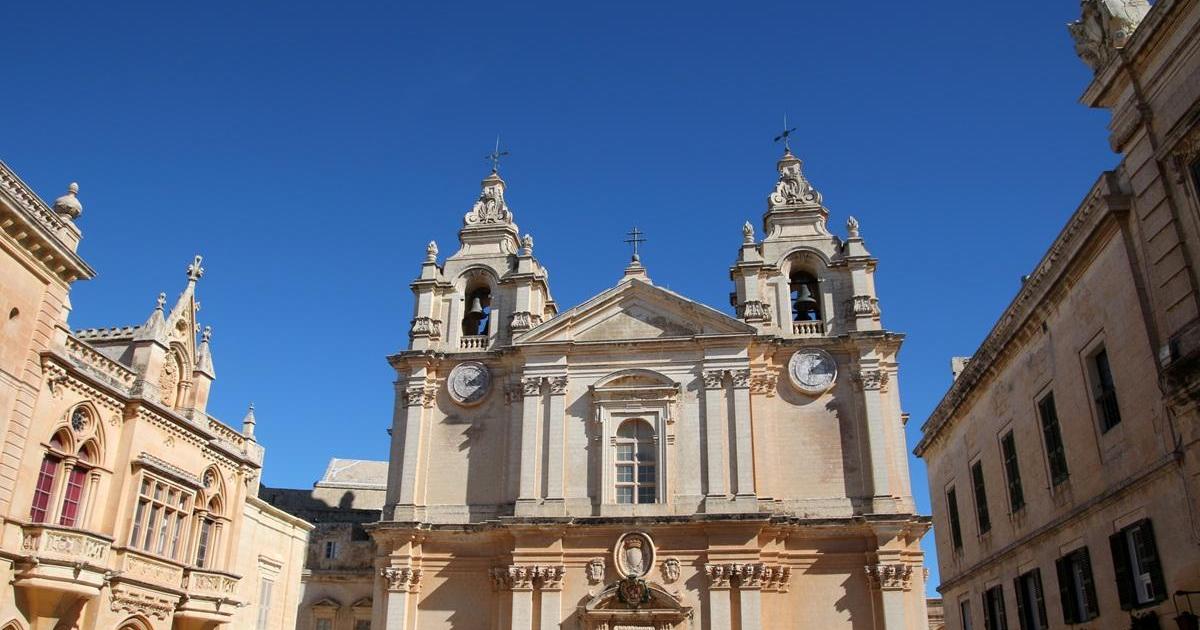The Archdiocese of Malta last year distributed around €1.2 million among vulnerable groups despite a €787,000 shortfall in Church finances.
The administrative secretary of the Archdiocese of Malta Michael Pace Ross on Thursday said the Church was pursuing various initiatives focusing on families and individuals in need, including children and adolescents, domestic violence survivors, migrants, and others afflicted by poverty, substance abuse and other problems.
The Curia has gifted two large properties – the Cini Institute in Sta Venera and Dar Saura in Rabat – to Hospice Malta and the Malta Trust Foundation. It has also launched the Duwa project which provides trauma-informed psycho-spiritual support.
Pace Ross said a number of public social partnership (PSP) agreements were also renewed with Caritas and Fondazzjoni Sebħ while teachers in Church schools are benefitting from higher remuneration packages, funded by the Government through a new collective agreement.
He added that the Archdiocese of Malta registered a higher income of €3.8 million thanks to a rise in collections, donations, sponsorships and inheritances and increases in paying visitors to the Mdina Cathedral Museum and Mosta Basilica of 27 per cent and 47 per cent respectively.
However, this was offset by a €5.5 million rise in expenditure. Salary costs for the Archdiocese — which encompasses around 120 entities and employs 1,398 staff — accounted for 64 per cent of the total, while the Church’s tax charge for the year amounted to €3.1 million.
“Inflation continued to decrease in 2024, resulting in a series of interest rate cuts by the Federal Reserve and the European Central Bank. However, the Archdiocese still recorded a return on investment of 6.06 per cent, even though the dividend received from APS Bank was slightly lower compared with 2023,” Pace Ross said, adding the Curia is “optimistic we are on the road to financial recovery and sustainability.”
Last year, both the administration of the Balluta parish, run by the Carmelite Order, and the Apap Institute in St Venera — which ceased operations as a home for the elderly after the Dominican nuns felt they were no longer able to run it — were handed over to the Archdiocese due to declining vocations.
Meanwhile, the Foundation for Theological Studies received a €155,000 subsidy from the Archbishop’s Curia to assist individuals pursuing studies in theology both locally and abroad.
